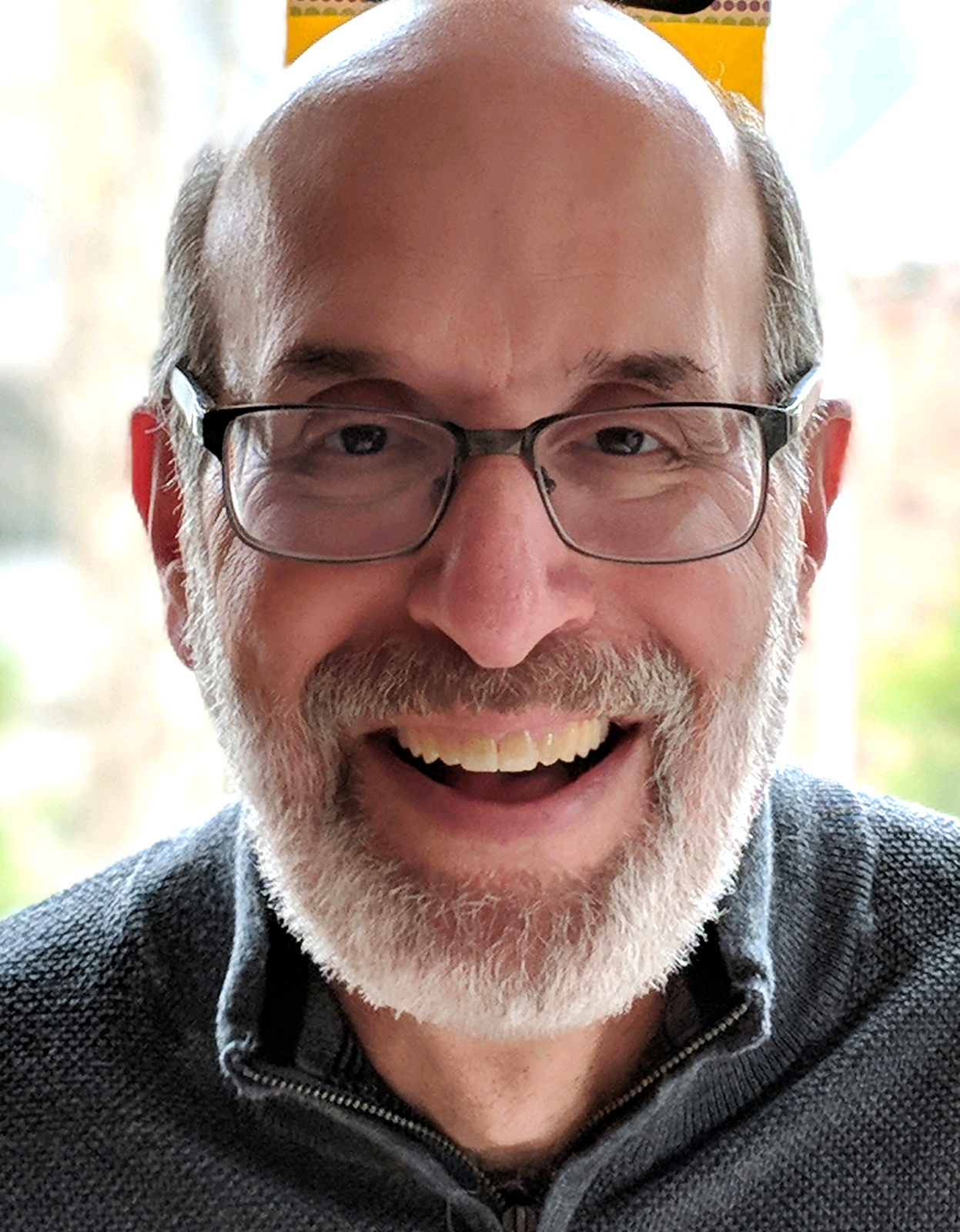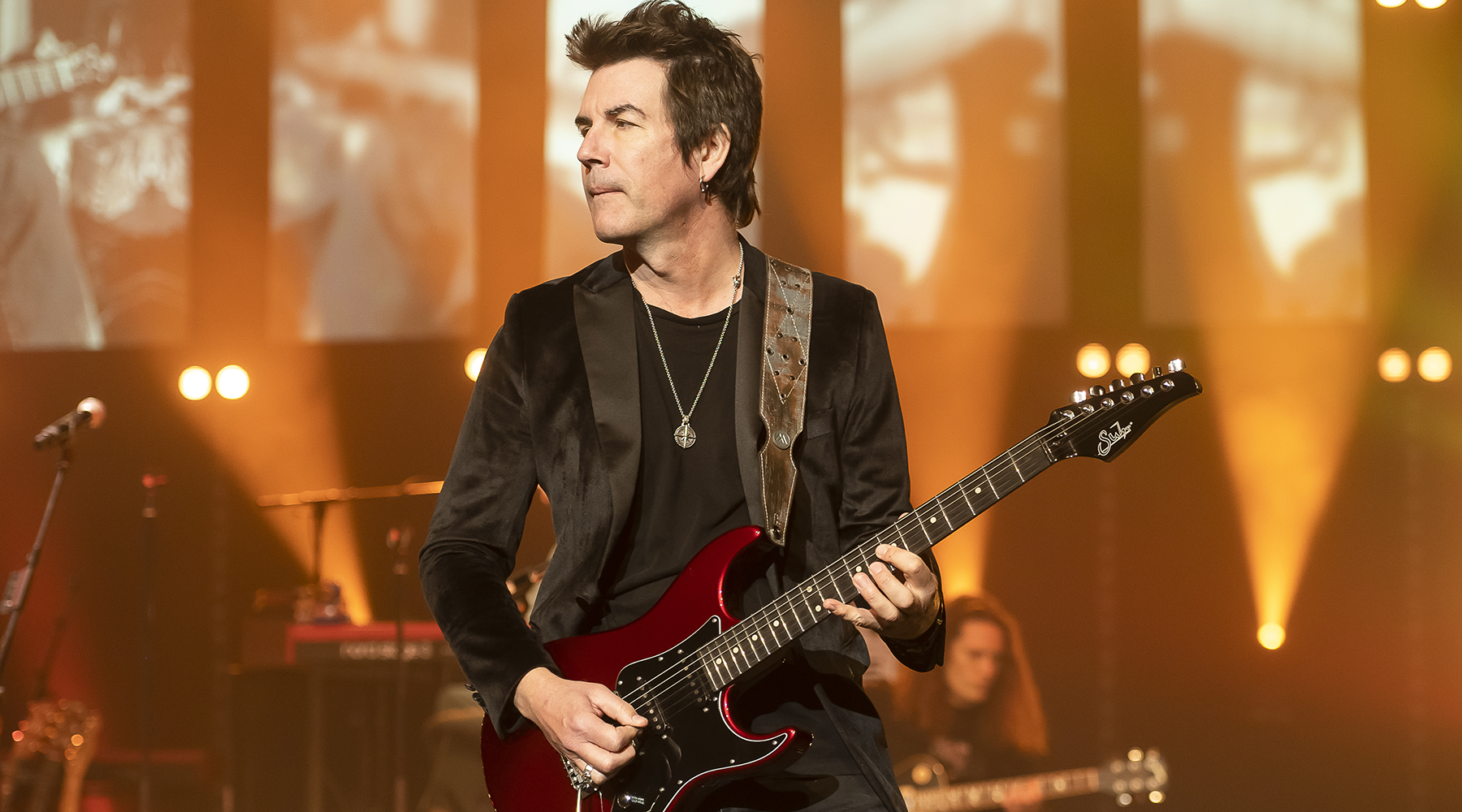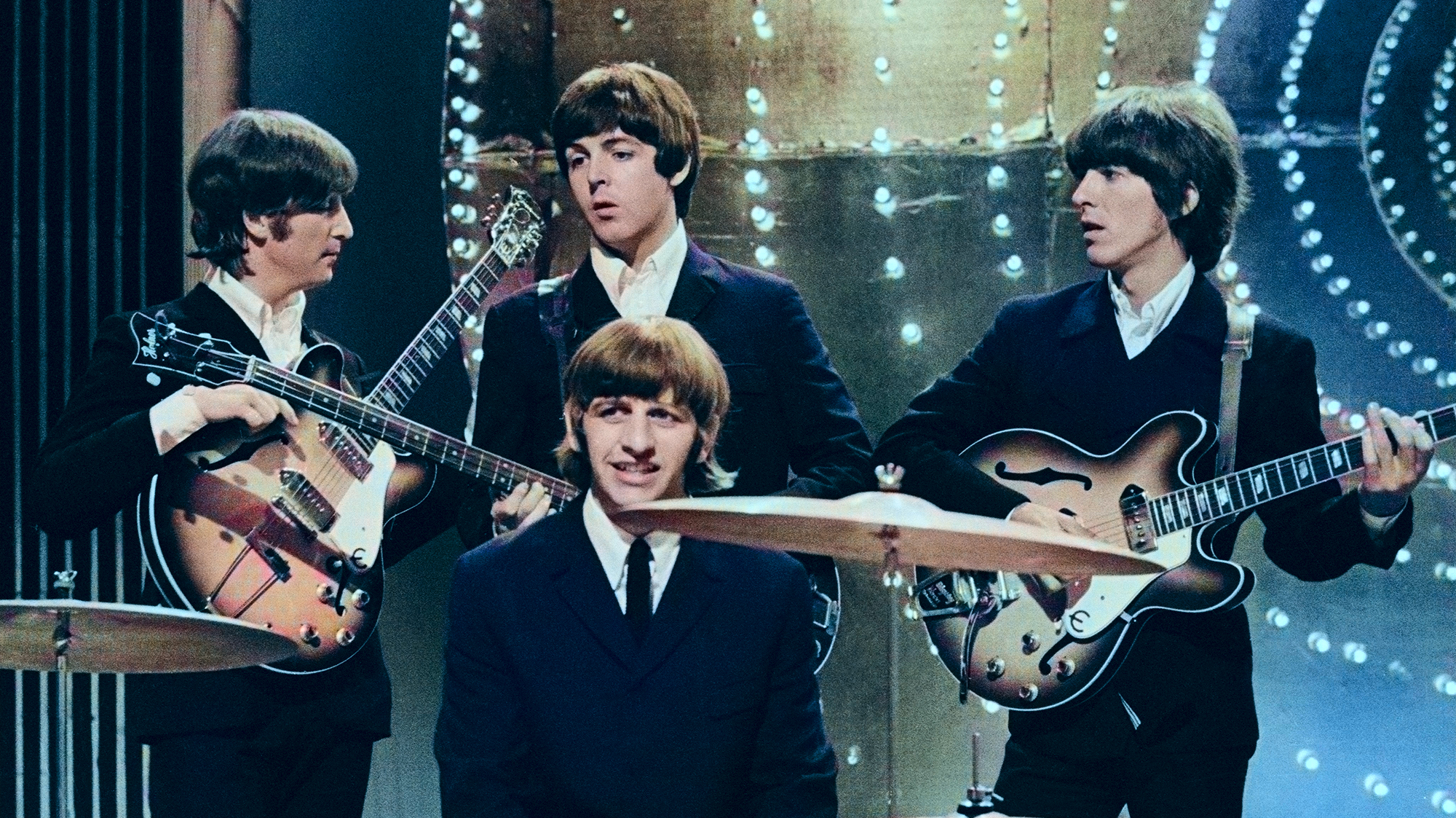“I felt like this band was created for me and for everything I was looking for.” Nels Cline on the Allman Brothers Band, the Byrds, John Coltrane and the 10 albums that changed his life
The debut album Cline’s new band, Concentrik Quartet, comes out March 14
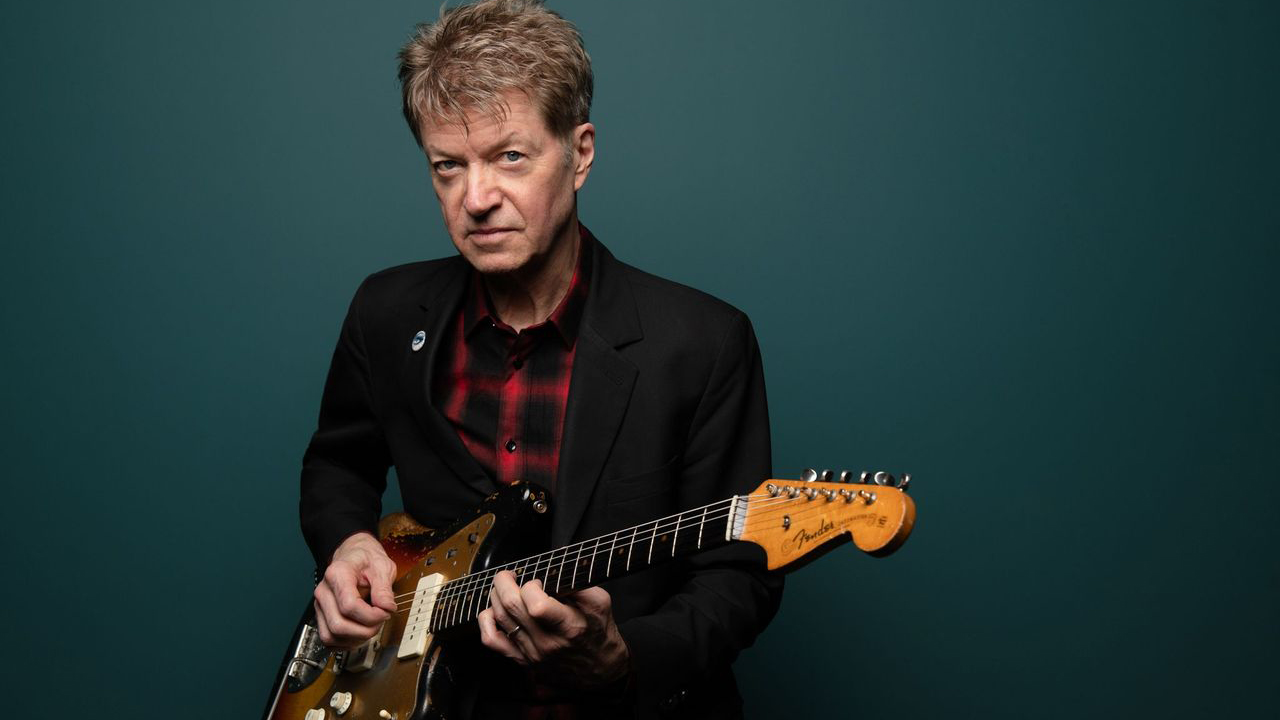
"This was incredibly difficult, as you might imagine," Nels Cline tells us as he begins to go through his list of 10 albums that changed his life.
And, indeed, we're not surprised.
Anyone even cursorily familiar with the Los Angeles–born Cline understands his playing incorporates influences and inspirations from a wide array of musicians and styles. It can be heard on the more than 150 albums he's played on, whether his own or with Wilco, or with other ensembles such as the Nels Cline Singers, the Nels Cline 4, Acoustic Guitar Trio, Quartet Music, Geraldine Fibbers, Floored by Four and more.
And then there are his contributions as guest and sideman, a long list from the past 46 years that drops its needle from Firehose to Blue Man Group, Tinawin, Yoko Ono, and his wife Yuka Honda's band, Cibo Matto.
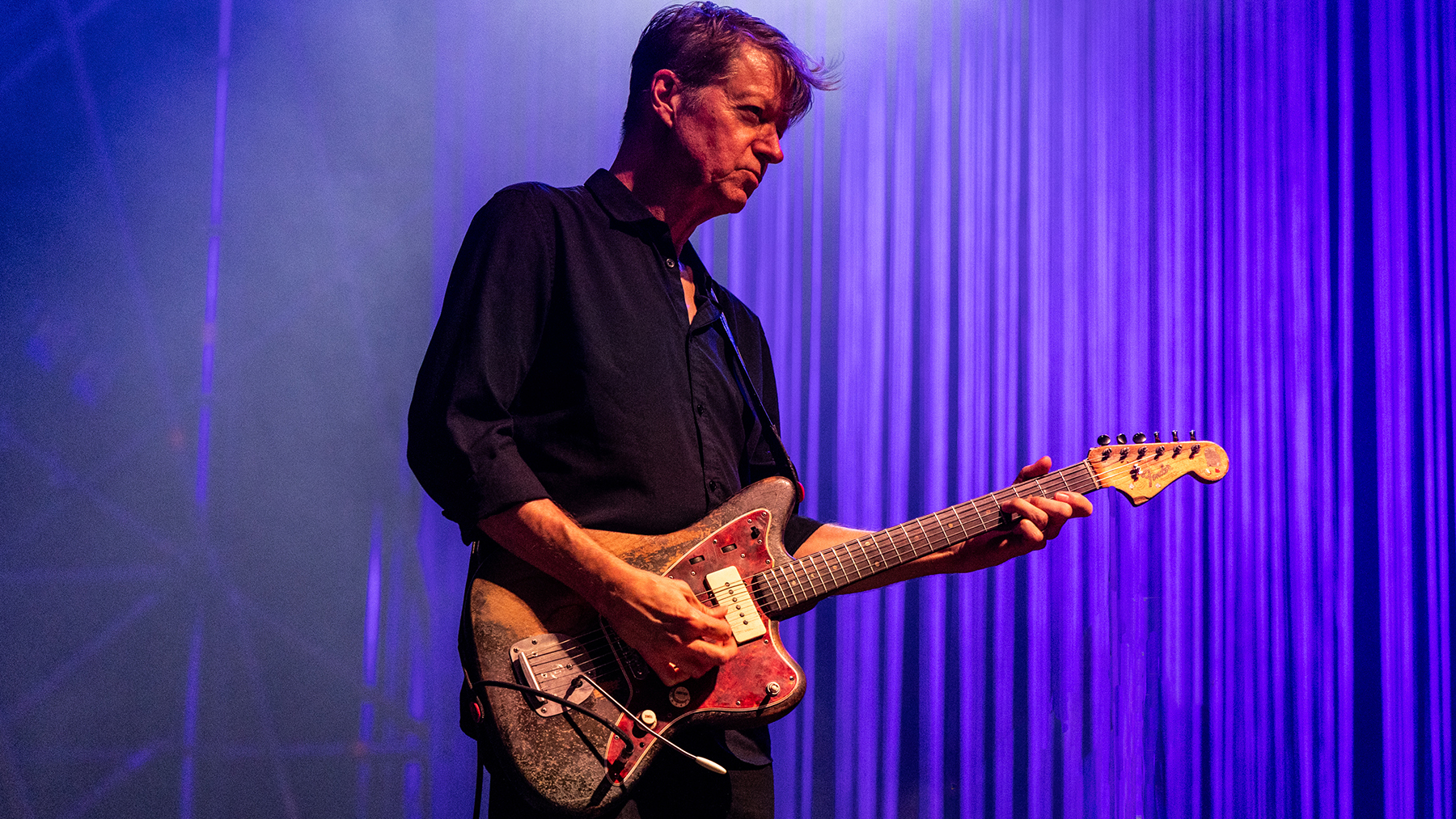
So asking Cline — who is releasing the debut of his latest band, Concentrik Quartet, on March 14 — to limit himself to 10 choices may be a little unfair... and, as you'll see, we let him equivocate a bit, but with good reason.
"By 'changed my life,' does it refer to an aesthetic 'a-ha!' or music that eventually became part of my actual working life — that started out as an inspiration/fan thing but then I ended up playing with these people?" he asks by way of explaining his selection process. Cline ultimately chose "what impacted me not just in a musical way but in a way that my whole trajectory as a musician changed."
It's "a very incomplete list," he laments, and it's presented in no particular order, but it's insightful and eyebrow raising nevertheless. Maybe we should have allowed the dude 20.
Ravi Shankar, Live: Ravi Shankar at the Monterey International Pop Festival (1967)
"The first Ravi Shankar record I heard was from my fifth grade teacher, who played it for the class. It was the World Pacific concert LP from 1962. I never ended up finding or buying the record, but that was the moment that changed my whole relationship to music, because I was 10 years old — maybe I was 11 years old — and I fell in love with the sound of the sitar and the tabla and the Indian classical musical world. I think it was the first inkling of music as a spiritual endeavor and not just entertainment."
The Byrds, Turn! Turn! Turn! (1965)
"It was the first real rock-and-roll whole album I think I ever heard. And I heard it a lot because my brother and my juvenile delinquent friends used to sit around listening just to that album over and over and over in their unsupervised apartment, and smoke cigarettes at the age of 10, trying to be cool. And then we would ride around the neighborhood, all wearing our Byrds glasses. So it was the first rock-band crush, I suppose — the band I wanted to be like. And that sound... just that intoxicating sound of the 12-string and those beautiful vocal harmonies. It's forever beautiful to me."
Jimi Hendrix Experience, Are You Experienced (1967)
"It's because of the song 'Manic Depression' that I chose to try to participate in music, let's just say, on any level for the rest of my life, because it was that galvanizing and that inspiring and that magic. And that whole record — '3rd Stone From the Sun,' 'I Don't Live Today'...I loved Axis: Bold As Love and Electric Ladyland, but they came later. Are You Experienced was a big deal. It still is. It was only way later I approached playing 'Manic Depression' myself. Back then if you could play the 'Day Tripper' riff you were the coolest person ever. But 'Manic Depression' was much cooler."
The Allman Brothers Band, The Allman Brothers Band (1969)
"I heard the first two songs from the record" — "Don't Want You No More," "It's Not My Cross to Bear" — "on underground FM before it came out and I saw God. I just felt like this band was created for me and for everything I was looking for, or as a signpost to my own aesthetic world. You could hear there was inspiration from Santana, but they didn't sound anything like Santana. And there was the blues element and then Gregg's voice and the two guitars. It was God-like."
John Coltrane, His Greatest Years: The Best of John Coltrane (1970)
"It's the first Coltrane I heard. A friend of mine and my brother's loaned it to my brother and said, 'You like all that instrumental Frank Zappa stuff;' you might like this record.' The first track is an edited version of 'Africa,' and that was it, man. That was it. And also because it has 'Alabama' on it, it has 'After the Rain,' and that changed everything. All of a sudden I needed to know everything about this man and what kind of jazz this was. I never thought jazz sounded like this before. So that was a biggie."
Miles Davis, Live-Evil (1971)
"This album, along with records I can't fit on this list — like Weather Report's I Sing the Body Electric or Herbie Hancock's Crossing — cemented the aesthetic of jazz-rock and structure and no structure, and certain sounds, like the sound of the distorted Fender Rhodes and John McLaughlin showing up at the Cellar Door and not even tuning and just playing like an insane person. Everything about it. And then Hermeto Pascoal on the studio tracks, with the ballads... I can't overstate its impact. In spite of loving so many other Miles Davis records, like Miles Davis at Fillmore, I just have to give it up to this one as the one that probably had the biggest impact on me."
Jimmy Giuffre, Thesis (1961)
"This is one of those desert island recordings for me — anything by that trio with Paul Bley [piano] and Steve Swallow [bass]. It's a signpost to highly considered improvising. There's no drums, but it still swings when it has to. It's free. There's deep listening going on, and there's really, really heavy mood and very brief, to-the-point composing — which I find a worthy challenge in my own life, the idea that sometimes eight bars is enough. It was reissued later with Fusion as a double CD, which I loved, too."
Paul Bley, Open, To Love (1972)/King Crimson, Larks' Tongues in Aspic (1973)
"I’m so torn between very opposite aesthetics here. Open, To Love is a solo piano record on ECM. This is how I became aware of certain Carla Bley compositions and Annette Peacock compositions. Both of those women’s work has absorbed me and nearly obsessed me since hearing those Paul Bley records, particularly this one. And the way he plays, the mood he creates, the spontaneity and the harmonic language — and there's deep blues in there quite often.
"And Larks' Tongues in Aspic: My brother and I went to see that band every time they played in southern California. Pretty much the mood of the music, the amount of improvisation they did, the mastering of their various instruments and language — along with, in my case, listening to Wayne Shorter and Joe Zawinul compositions with Weather Report — made me want to write music that sounded like that, in my way. As a live band they were just incredibly dynamic. We saw them maybe four times. Always great. And then there's that Robert Fripp guy..."
Sonic Youth, Bad Moon Rising (1985)
"This is where my fandom began to take hold and explode in just a completely uncouth way. I had heard their earlier records, but it was Bad Moon Rising and seeing them live around that time that completely revolutionized the idea of what guitar sounds I could make and how cool it was to be in a cool band. I just fell in love with everything about Sonic Youth. And then they became very successful and continued to make great records. If I had to nail down one record where my a-ha! experience was kind of catapulted, it would be this one. But I love pretty much all of them."
Paul Motian, Tribute (1974)
"This was an ECM record with Sam Brown and Paul Metzke on guitar and Charlie Haden on bass, and Carlos Ward on alto saxophone on some tracks. If anyone listens to this record who's never heard it, they can easily discern its influence on me. And Motian certainly listened to the Atilla Zoller Quartet's record The Horizon Beyond from 1966. An Italian guitarist friend of mine named Simone Massaron wrote to me once saying, 'My God, Atilla Zoller on this record — you sound so much like him!' I don't think I ever thought of it, but it's really pretty blatant. I never sat down to play his riffs or something like that, but it's another one like Jimi Hendrix that oozes out occasionally. I think it just got into my system that deeply."
Get The Pick Newsletter
All the latest guitar news, interviews, lessons, reviews, deals and more, direct to your inbox!
Gary Graff is an award-winning Detroit-based music journalist and author who writes for a variety of print, online and broadcast outlets. He has written and collaborated on books about Alice Cooper, Neil Young, Bob Seger, Bruce Springsteen and Rock 'n' Roll Myths. He's also the founding editor of the award-winning MusicHound Essential Album Guide series and of the new 501 Essential Albums series. Graff is also a co-founder and co-producer of the annual Detroit Music Awards.
“We’d heard Jimi Hendrix, we'd heard the Who, but now we finally got to see these guys. And watching Jimi Hendrix burn his guitar….” Grace Slick on Hendrix at Monterey, Jefferson Airplane and the Spanish origins of “White Rabbit”
“I’m still playing but I’m covered in blood. Billy’s looking at me like, ‘Yeah! That’s punk rock!'” Steve Stevens on his all-time worst gig with Billy Idol — and the visit to Jimi Hendrix's grave that never happened

